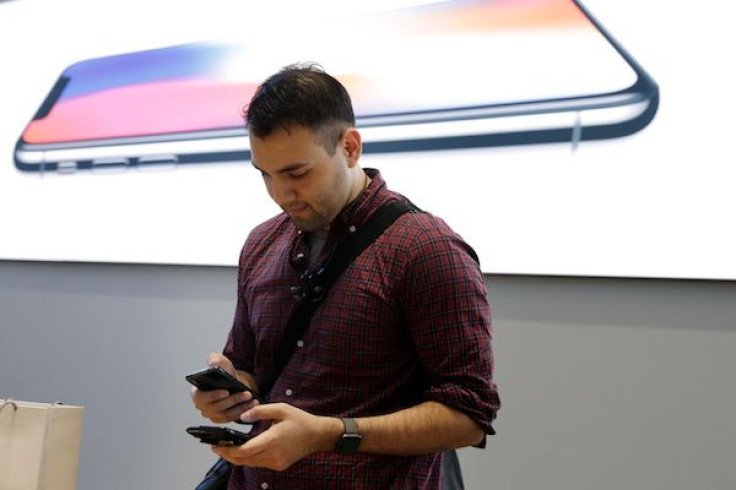Apple Forces App Developers To Add Support For iPhone X Display Notch

When Apple launched the iPhone X late last year, it was clear that it would only be a matter of time until the Cupertino giant forces app developers to embrace the 10th anniversary iPhone’s notch. This week, Tim Cook’s company is finally doing this through its latest iOS 11 app update requirements announcement.
Apple took to its official developer portal Monday to tell developers that their next updates for their apps should add support for the Super Retina display of the iPhone X. This means the next updates that developers will be rolling out should embrace the taller display of the flagship iPhone and its notch.
According to CNET, this is good news to iPhone X owners since they will no longer have problems with apps that do not have support for the unique aspect ratio of their phone’s display. Moreover, this will set up support for the upcoming iPhones, which are also very likely to come with the famous notch.
Apple previously mandated that all new apps submitted to the App Store should have support for the iPhone X’s notch. By imposing the same thing on app updates, Apple is ensuring that all apps (existing and new) will be able to provide the full experience on the iPhone X.
Apart from supporting the display and the notch of the iPhone X, Apple is also forcing developers to build their new updates with the iOS 11 SDK only. Doing so will make sure that the apps will remain compatible with newer iPhones and become more secure, as pointed out by Apple Insider.
The new guidelines will not only apply to third-party developers. They will also be implemented on Apple’s apps. So users should expect to see iTunes Connect, iTunes Remote, Beats Pill+, Music Memos and AirPort Utility to get rid of the black bars that are currently seen on the apps and embrace the iPhone X notch in upcoming upgrades, as per MacRumors.
Apple’s new update requirements come days after it was revealed that the iPhone X was the most popular smartphone in the first quarter of 2018. The device topped Strategy Analytics list, which is based on the total smartphone shipments from January through March. The iPhone 8, 8 Plus and 7 bagged the second to the fourth ranks, while Xiaomi’s Redmi 5A landed fifth place. Samsung’s Galaxy S9 Plus only ranked sixth on the list.
© Copyright IBTimes 2024. All rights reserved.











